
Lawrence Steinman, MD, Zimmermann Professor of Neurology and Neurological Sciences, and Pediatrics at Stanford University, discussed findings presented at ECTRIMS 2021.

Lawrence Steinman, MD, Zimmermann Professor of Neurology and Neurological Sciences, and Pediatrics at Stanford University, discussed findings presented at ECTRIMS 2021.
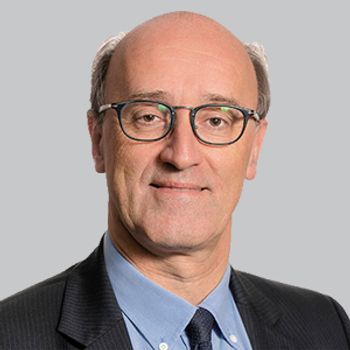
Data from the EXPAND trial show that after 12 months of treatment, changes on retinal nerve fiber layer thickness favored those on siponimod rather than the placebo group.

The director of the Mellen Center for MS Treatment and Research at Cleveland Clinic provided context on whether efficacy outcomes should be weighed more than mechanistic action when evaluating MSC-NTF cell therapies. [WATCH TIME: 3 minutes]
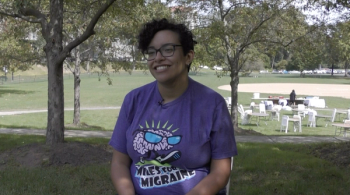
The headache specialist at Jefferson Headache Center discussed the array of issues patients with migraine face and why her personal experience may resonate with patients. [WATCH TIME: 3 minutes]

In addition to the data presented at ECTRIMS Congress 2021, Atara Bio is investigating the therapy in an ongoing and enrolling phase 2 study, EMBOLD (NCT03283826), which is expected to read out interim results in early 2022.

After vaccination, patients showed no increased risk of relapse activity, but had varied immune response depending on the disease-modifying therapy they were treated with.
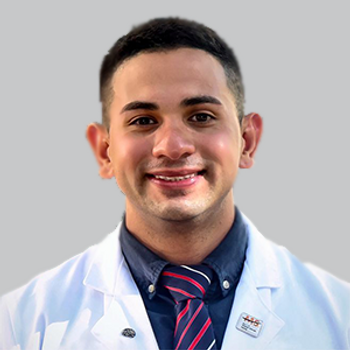
Investigators found that Hispanic and African American patients had an increased risk of developing ambulatory disability, when compared to Caucasian patients with MS.

The clinical research director of the USCF Multiple Sclerosis Center discussed the importance of improving knowledge and education for patients with NMOSD, as well as strategies to do so. [WATCH TIME: 3 minutes]
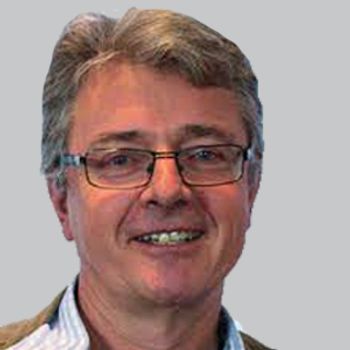
In data presented at ECTRIMS 2021, from years 1-5, the proportions of patients with relapsing multiple sclerosis achieving NEDA-3 status ranged from 63%to 75%.

The director of the Mellen Center for MS Treatment and Research at Cleveland Clinic discussed the use of MSC-NTF cells in progressive MS and the data backing this approach. [WATCH TIME: 3 minutes]

The registered dietitian at Ann & Robert H. Lurie Children’s Hospital of Chicago provided knowledge on the how and why diets are constructed for patients with epilepsy.

Investigators highlighted the need to integrate research frameworks to analyze and understand these interrelationships, developing appropriate interventions for the Black, Latinx, and Hispanic populations with NMOSD and MS.
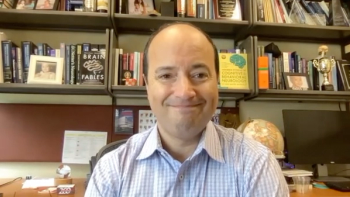
The research chair for Parkinson’s Disease and Movement Disorders at University of Cincinnati Health discussed the therapy’s results in a study of its effect on Parkinson disease. [WATCH TIME: 6 minutes]

Discussing the 3 FDA-approved treatments for NMOSD, the clinical research director of the UCSF Multiple Sclerosis Center commented on the positive impact, as well as resultant barriers to care. [WATCH TIME: 4 minutes]

In the cohort of 14 patients with preoperative impulsive and compulsive behavior burden, 6 patients demonstrated clinically relevant improvement on QUIP-RS, while 1 worsened and 7 remained stable.

The neurologist at Wayne State University provided background on why there needs to be a continued focus on including and studying African American patients with NMOSD in trials. [WATCH TIME 3 minutes]

Investigators observed a significant difference in the hazard ratio change on NPI apathy score within the first 100 days, suggesting an early treatment effect.
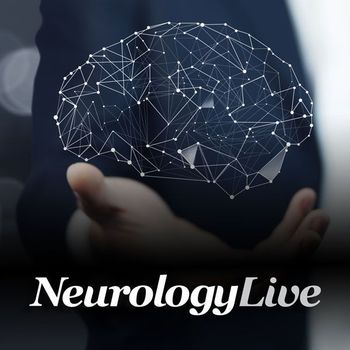
A large-scale rural population study included approximately 27,935 men and women, finding that sleep quality might predict risk of coronary heart disease.

The clinical research director of the UCSF Multiple Sclerosis Center provided an overview on the state of care for NMOSD, specifically the development of inebilizumab, satralizumab, and eculizumab. [WATCH TIME: 6 minutes]

The pivotal phase 3 GRADUATE 1 and 2 trials will evaluate the effect of gantenerumab on amyloid load and downstream biomarkers of disease progression in patients with early Alzheimer disease.
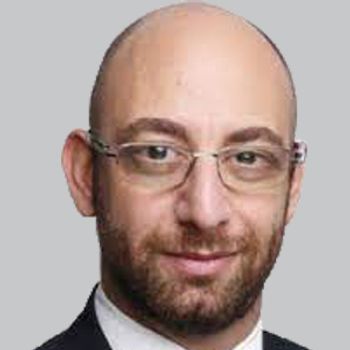
Gennero Pagano, MD, MSc, PhD, expert medical director, Roche, provided thoughts on the investigational agent prasinezumab, overall Parkinson drug development, and MDS Virtual Congress.

The registered dietitian at Ann & Robert H. Lurie Children’s Hospital discussed the unknowns in terms of managing and prescribing diets for patients with epilepsy. [WATCH TIME 3 minutes]

Here's what is coming soon to NeurologyLive.

Investigators used the Baveno classification to group patients at diagnosis of obstructive sleep apnea and again after 5 years.

Some of the most frequently reported trial criteria were the exclusion of participants with non-AD neurological disease, psychiatric illness, cardiovascular and cerebrovascular disease, obligated caregiver attendance, and cognitive impairment.

The division chief of vascular neurology at the University of Utah discussed the individual role that clinicians and neurologists can play to increase interest in the field of neurology. [WATCH TIME: 2 minutes]

Patients who were dementia-free with the lowest PF had smaller volumes of total brain, gray matter, and white matter, and had greater white matter hyperintensities.

Clinical data on the investigational therapeutics, DNL343 and SAR443820/DNL788, were presented at the 2021 Annual Northeast ALS Meeting this month.
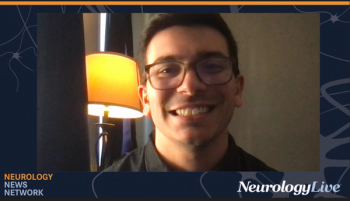
Neurology News Network for the week ending October 9, 2021. [WATCH TIME: 3 minutes]

Preclinical results showed promise for the investigational formulation in reducing seizures, prompting the patent filing.